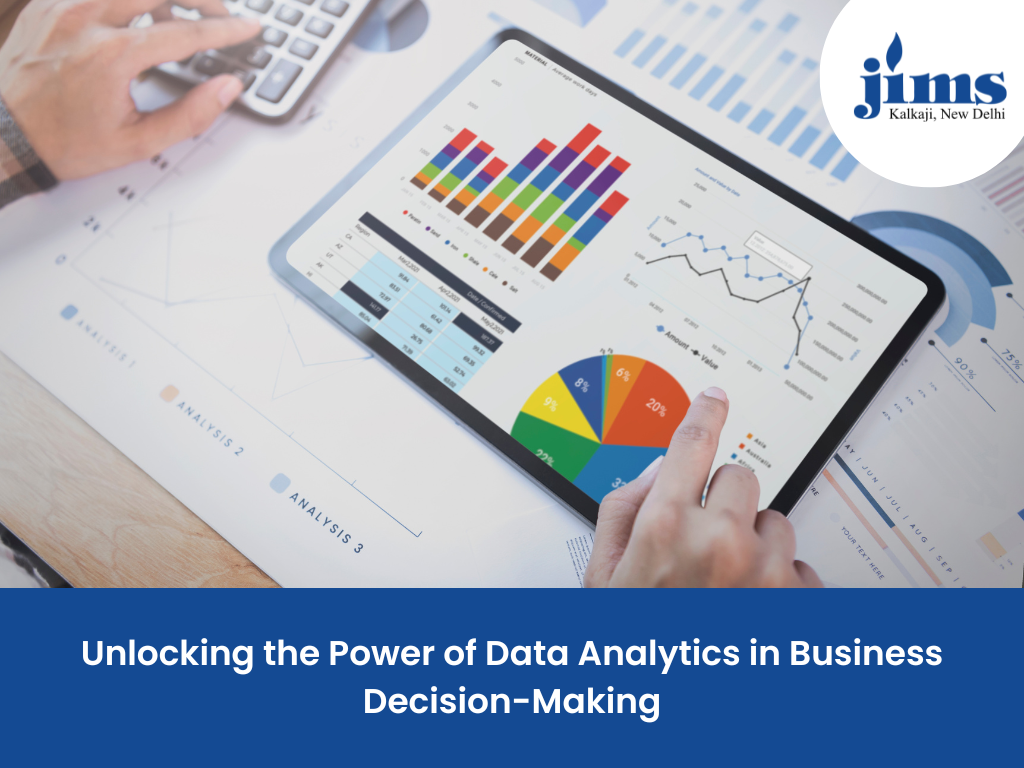
Empowering Decision-Making: Data Analytics Unleashed
In the dynamic landscape of business, data analytics has emerged as a powerful tool, transforming the way decisions are made. This article delves into the profound impact of data analytics on decision-making processes, unlocking insights and driving informed choices.
The Foundation of Informed Decision-Making
Data analytics serves as the cornerstone of informed decision-making. By harnessing the power of data, businesses can gain valuable insights into market trends, consumer behavior, and operational efficiency. This foundation empowers decision-makers to move beyond intuition and make choices grounded in quantitative evidence.
Uncovering Patterns and Trends
One of the primary functions of data analytics is uncovering patterns and trends within large datasets. Advanced analytics algorithms sift through vast amounts of information to identify correlations, outliers, and emerging trends. This capability is instrumental in forecasting future developments and strategically positioning businesses for success.
Customer-Centric Decision-Making
Understanding customer behavior is crucial for businesses seeking to meet and exceed customer expectations. Data analytics enables a deep dive into customer preferences, purchasing patterns, and satisfaction levels. Armed with this information, businesses can tailor products, services, and experiences to align with customer needs, fostering loyalty and growth.
Operational Efficiency through Data Insights
Data analytics isn’t solely about understanding external factors; it also plays a pivotal role in optimizing internal operations. By analyzing operational data, businesses can identify bottlenecks, streamline processes, and enhance overall efficiency. This leads to cost savings, improved resource allocation, and a more agile organizational structure.
Mitigating Risks with Predictive Analytics
Predictive analytics, a subset of data analytics, enables businesses to foresee potential risks and challenges. By analyzing historical data and identifying patterns indicative of risk, decision-makers can proactively implement risk mitigation strategies. This forward-looking approach minimizes the impact of unforeseen events on business operations.
Enhancing Strategic Planning
Data analytics provides a wealth of information for strategic planning. From market segmentation to competitor analysis, businesses can make strategic decisions backed by a thorough understanding of the business landscape. This proactive planning ensures that businesses are well-positioned to capitalize on opportunities and navigate challenges.
Real-Time Decision-Making with Data Dashboards
The integration of data dashboards enables real-time decision-making. These visual representations of key performance indicators (KPIs) allow decision-makers to monitor business metrics in real-time. This immediacy is invaluable in responding promptly to changing conditions and making decisions that have an immediate impact.
Personalization in Marketing and Services
Data analytics facilitates personalized marketing strategies and services. By analyzing customer data, businesses can create targeted marketing campaigns, recommend personalized product offerings, and tailor services to individual preferences. This level of personalization enhances customer engagement and contributes to the overall customer experience.
Continuous Improvement through Feedback Loops
Data analytics establishes a feedback loop that supports continuous improvement. By collecting and analyzing feedback data from customers, employees, and operational processes, businesses can identify areas for enhancement. This iterative process fosters a culture of continuous improvement, ensuring that decision-making evolves with changing circumstances.
Investing in Data Literacy for Teams
As businesses increasingly rely on data analytics, investing in data literacy for teams becomes imperative. Ensuring that employees across various departments possess the skills to interpret and leverage data empowers the entire organization. Data literacy enhances collaboration and ensures that data-driven insights permeate decision-making at all levels.
In conclusion, data analytics has become a linchpin for decision-making in the business world. From uncovering patterns to mitigating risks and enhancing operational efficiency, the impact of data analytics is profound. To explore more about Data Analytics for Decision-making, visit Millennium Business. Harness the power of data to drive informed and strategic decision-making.